Starting a Recycling Business in Nigeria: A Comprehensive Guide
As environmental awareness grows and the need for sustainable practices becomes more pressing, recycling businesses are gaining traction worldwide. In Nigeria, where waste management is a significant challenge, the recycling industry presents a lucrative opportunity for entrepreneurs. Starting a recycling business not only contributes to environmental conservation but also offers the potential for substantial profits. This guide provides an overview of how to start a recycling business in Nigeria, including the types of recycling businesses, key steps to get started, and tips for success.
Why Start a Recycling Business in Nigeria?
1. Environmental Impact
- Waste Reduction: Nigeria generates a vast amount of waste, much of which ends up in landfills or polluting the environment. Recycling helps reduce the volume of waste by converting materials into reusable products.
- Resource Conservation: Recycling conserves natural resources, such as timber, water, and minerals, by reducing the need for raw material extraction.
2. Economic Opportunity
- Job Creation: The recycling industry creates jobs at various levels, from collection and sorting to processing and manufacturing.
- Profitability: With the increasing demand for recycled materials, entrepreneurs can generate substantial profits by selling recycled products or raw materials to manufacturers.
3. Government Support
- Regulatory Incentives: The Nigerian government has shown interest in promoting waste management and recycling through various policies and incentives, creating a supportive environment for recycling businesses.
Types of Recycling Businesses
There are several types of recycling businesses you can start, depending on your interests and the available resources:
1. Plastic Recycling
- Overview: Plastic recycling involves collecting, sorting, and processing plastic waste into new products, such as packaging materials, building materials, or reusable items.
- Potential Products: Recycled plastic can be used to manufacture items like plastic bottles, containers, and pipes.
2. Paper Recycling
- Overview: Paper recycling involves the collection and processing of paper waste to produce new paper products. This reduces the demand for virgin paper and helps conserve forests.
- Potential Products: Recycled paper can be used to produce newspapers, notebooks, packaging materials, and toilet paper.
3. Metal Recycling
- Overview: Metal recycling involves collecting and processing scrap metal, including aluminum, steel, copper, and iron, to create new metal products.
- Potential Products: Recycled metal is often used in the construction industry, automotive manufacturing, and electronics.
4. Glass Recycling
- Overview: Glass recycling involves collecting and processing glass waste, such as bottles and jars, to create new glass products.
- Potential Products: Recycled glass can be used to manufacture new bottles, glass tiles, and insulation materials.
5. E-Waste Recycling
- Overview: E-waste recycling focuses on the disposal and recovery of valuable materials from electronic waste, such as computers, phones, and other electronic devices.
- Potential Products: Recycled e-waste materials, like gold, silver, and copper, can be reused in electronics manufacturing.
Steps to Start a Recycling Business in Nigeria
1. Conduct Market Research
- Identify Demand: Research the local market to identify the demand for recycled products and determine which type of recycling business has the most potential in your area.
- Understand Regulations: Familiarize yourself with local regulations related to waste management and recycling. This includes obtaining necessary licenses and permits.
2. Develop a Business Plan
- Outline Objectives: Clearly define your business objectives, target market, and the type of recycling you plan to undertake.
- Financial Planning: Estimate startup costs, including equipment, labor, and operational expenses. Consider potential revenue streams and profit margins.
3. Secure Funding
- Self-Funding: Use personal savings or contributions from family and friends to finance your business.
- Loans and Grants: Explore financing options such as bank loans, government grants, or investor funding. Some NGOs and environmental organizations also offer grants for recycling projects.
4. Set Up Your Facility
- Location: Choose a location that is accessible for waste collection and close to your target market or supply chain.
- Equipment: Purchase or lease the necessary recycling equipment, such as balers, shredders, crushers, and sorting machines.
5. Build a Supply Chain
- Waste Collection: Establish a network for collecting waste materials, either through partnerships with local waste collectors or by setting up your own collection points.
- Partnerships: Collaborate with manufacturers or businesses that can use your recycled products as raw materials.
6. Hire and Train Staff
- Skilled Labor: Hire workers with experience in waste management and recycling operations.
- Training: Provide training on safety procedures, equipment operation, and quality control to ensure efficient and safe operations.
7. Marketing and Sales
- Promote Your Business: Use online platforms, local advertising, and word of mouth to market your recycled products or services.
- Build Relationships: Establish relationships with buyers, such as manufacturers or businesses that need recycled materials.
Tips for Success in the Recycling Business
- Stay Compliant: Ensure that your operations comply with all local regulations and environmental standards.
- Focus on Quality: Produce high-quality recycled products that meet industry standards to attract and retain customers.
- Innovate: Continuously explore new technologies and methods to improve efficiency and expand your product offerings.
- Sustainability: Emphasize sustainability in your business practices to appeal to environmentally conscious customers and investors.
Conclusion
Starting a recycling business in Nigeria offers a unique opportunity to contribute to environmental sustainability while generating profits. By carefully planning your venture, understanding the market, and investing in the right equipment and personnel, you can build a successful recycling business that meets the growing demand for recycled materials.
At Wigmore Trading, we support entrepreneurs in the recycling industry by providing resources, advice, and access to essential equipment. Whether you’re just starting out or looking to expand, we’re here to help you achieve your business goals.
Get in Touch:
Interested in starting a recycling business in Nigeria? Contact Wigmore Trading today to learn more about our products and services. Visit our website, email, or call us for expert advice and support.


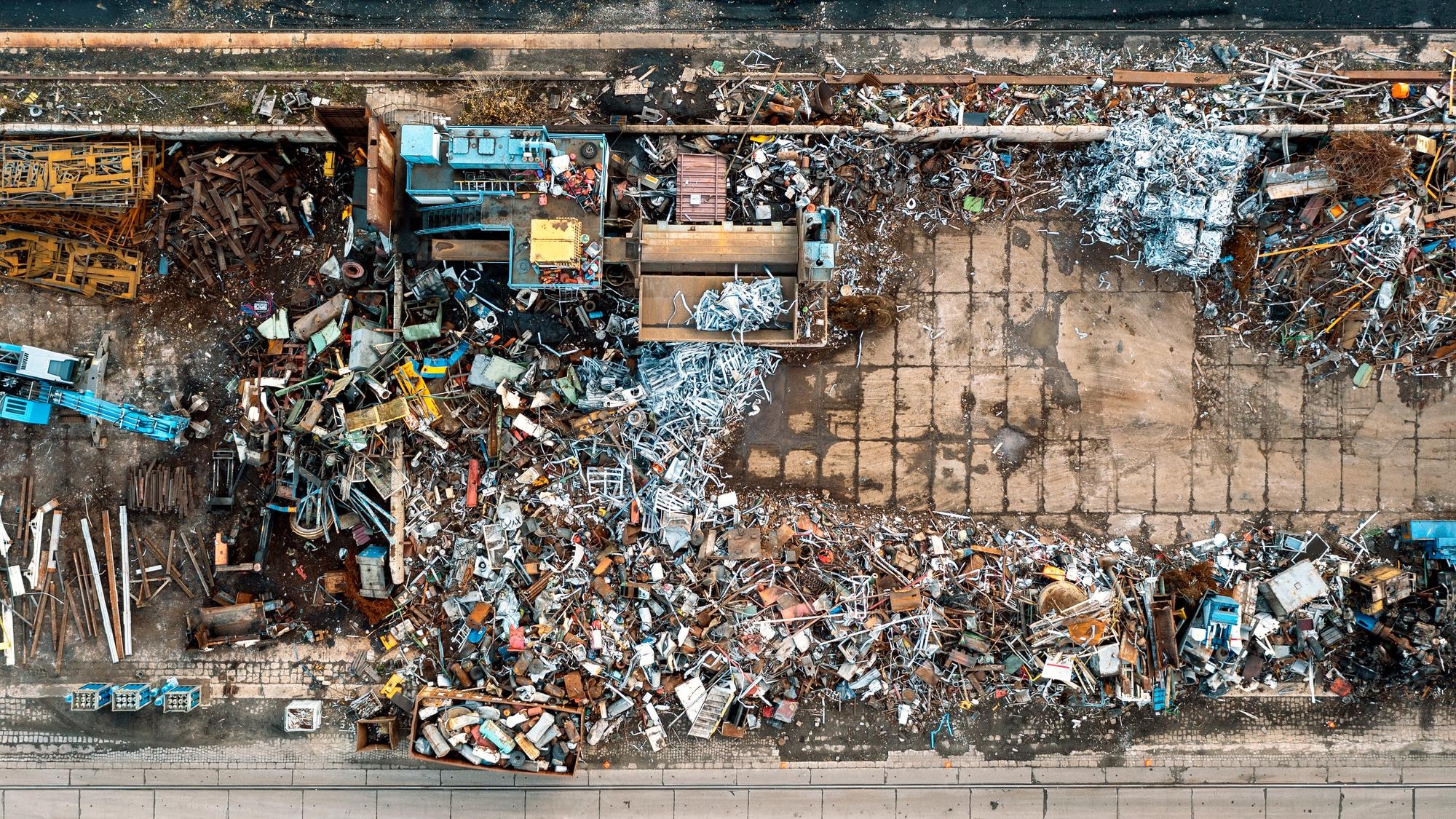
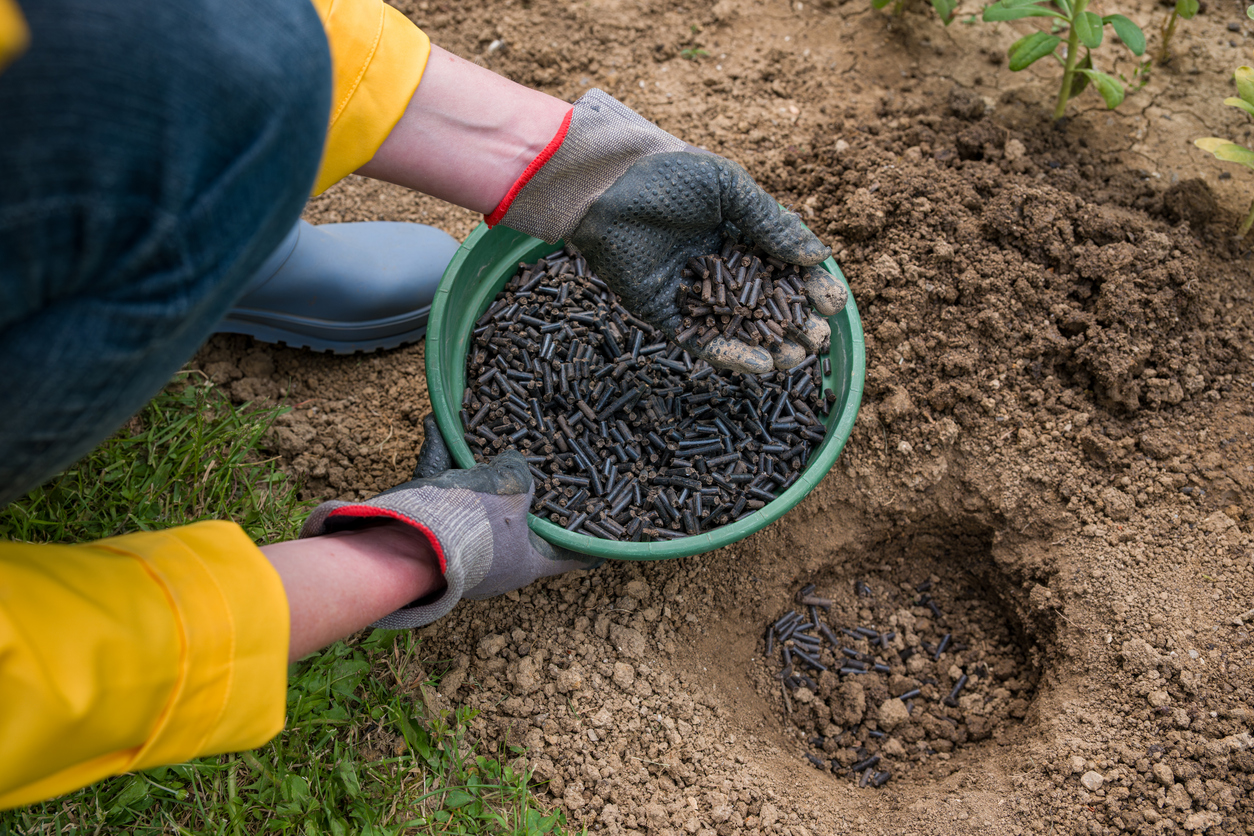
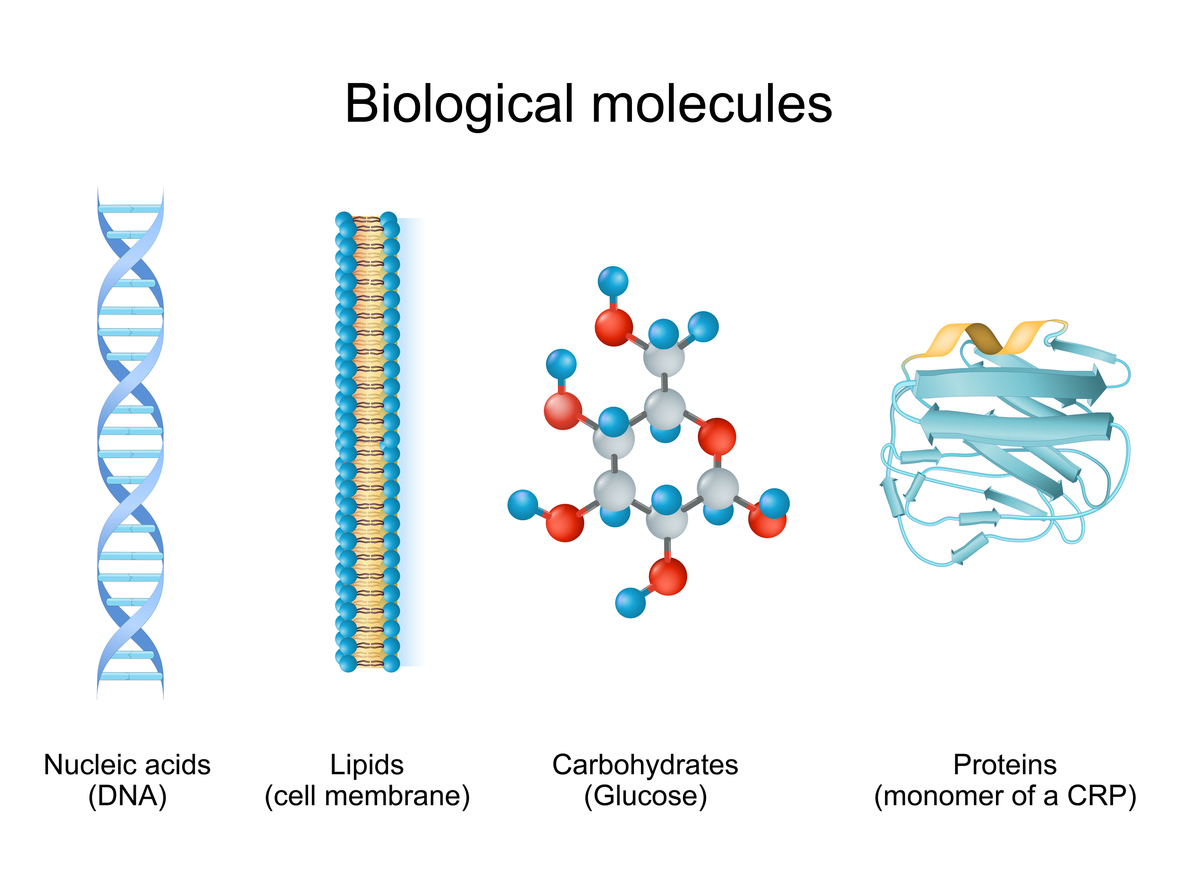

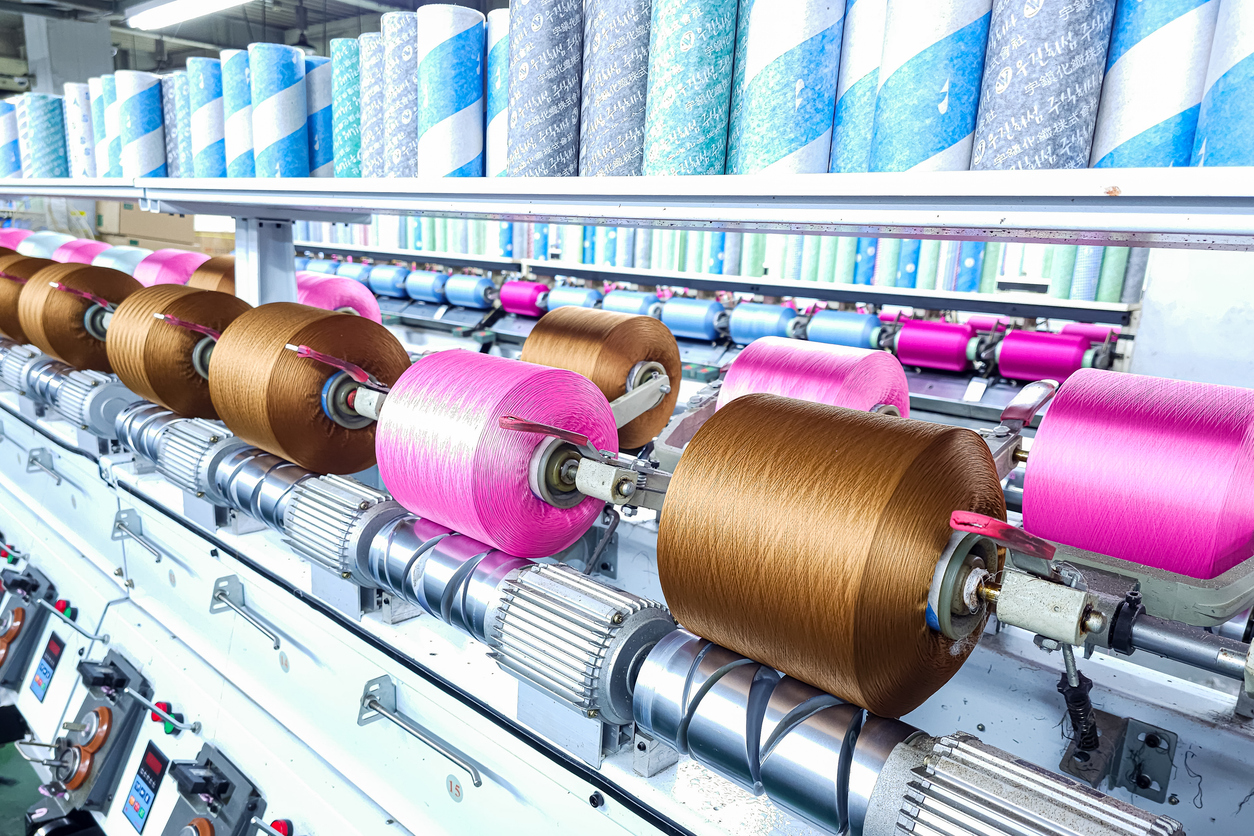
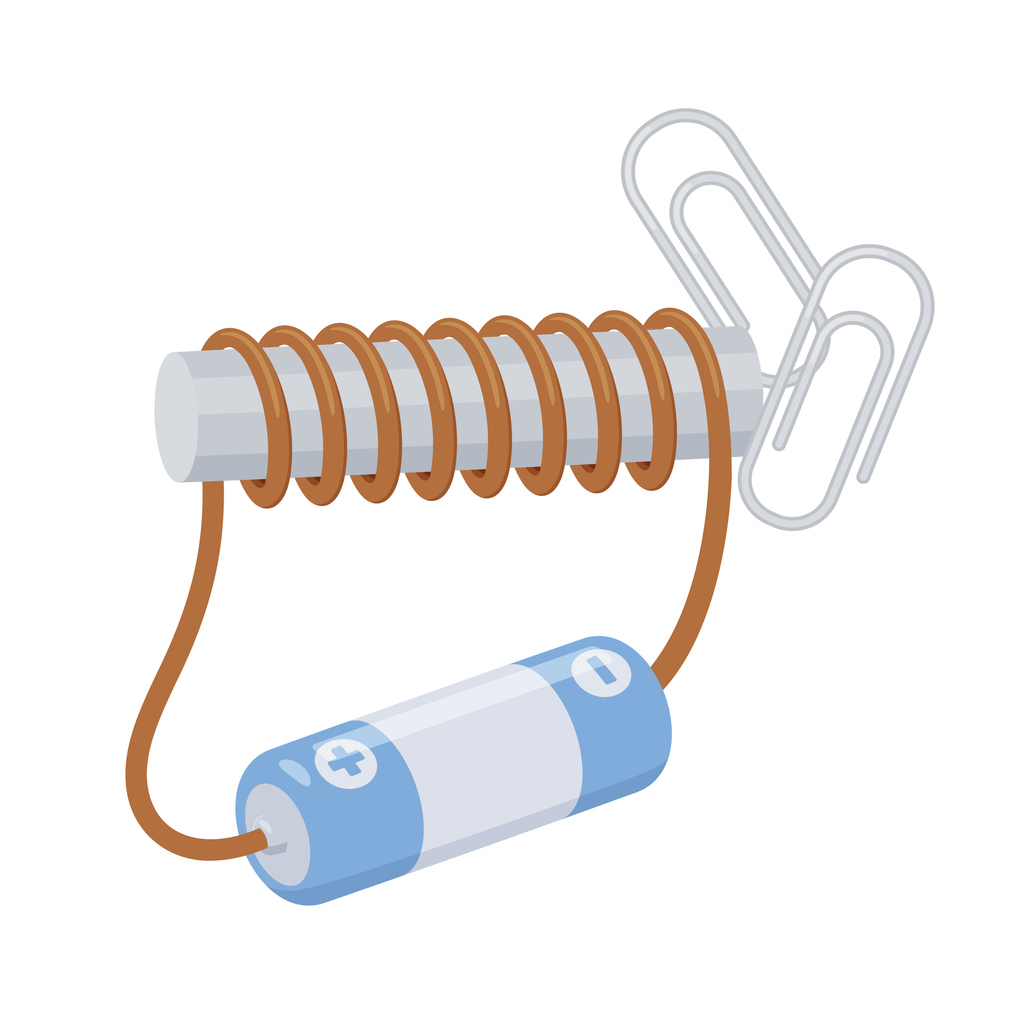
Comments are closed.